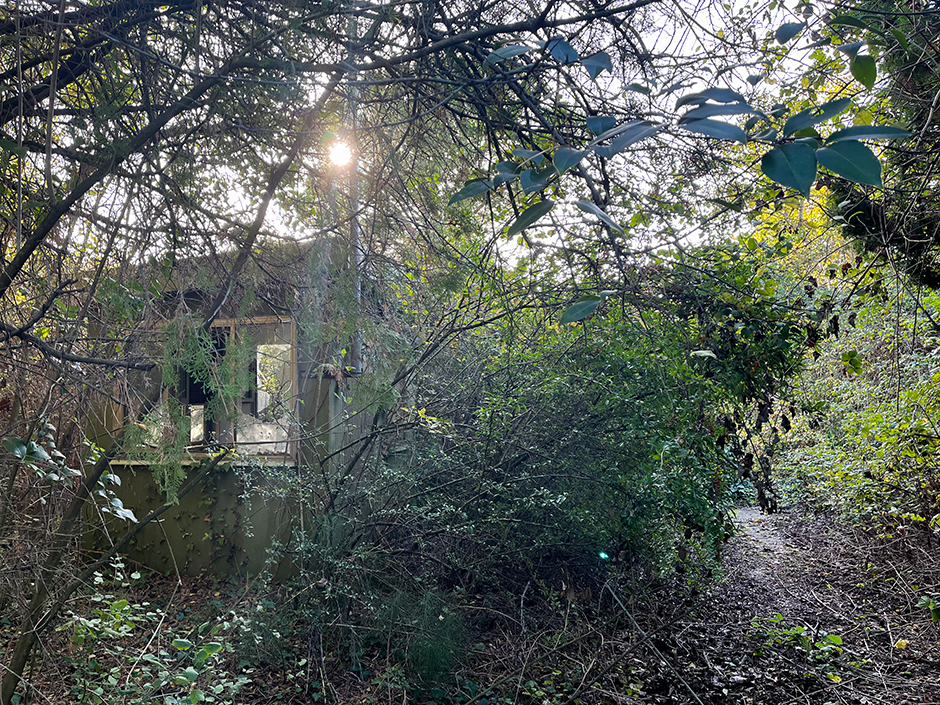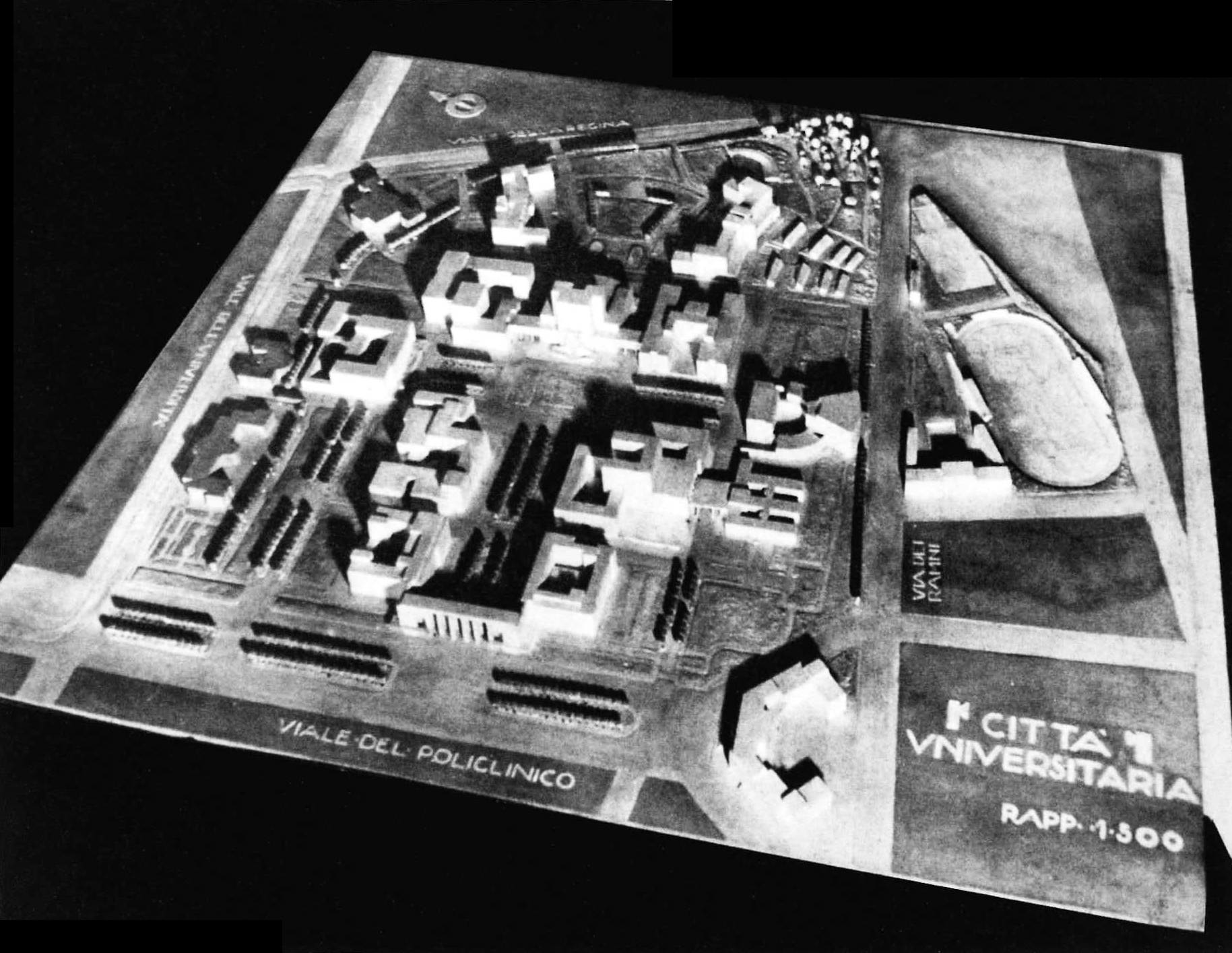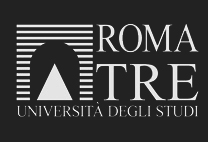 Common Goods from a Landscape Perspective
Common Goods from a Landscape Perspective
16th January 2014, Florence.
(deadline 30th of October)
The Sixth Careggi Seminar is Coordinated by:
Saša Dobričič, University of Nova Gorica, Carlo Magnani, University I.U.A.V. of Venice, Bas Pedroli, University of Wageningen and Amy Strecker, UNISCAPE
Landscape and common goods each boast a substantial amount of literature in their own right. However, the aim of this seminar is to explore the nexus between these two concepts through the lens of epistemology, land-use, property rights, collective decision-making, governance of resources and non-institutionalized practices. The overall objective is to build on the intellectual discourse initiated by the European Landscape Convention by further developing a framework for the protection, management and planning of landscape based on a social order not governed solely by economic and property considerations, but one which includes the ‘common’ shared aspects of the Earth’s resources from an ethical and social perspective. This seminar is open to practitioners, experts, professors and young researchers alike. Contributions must relate to the theme of the conference and its sessions.
Sessions:
1. Epistemological perspectives on landscape as a common good
2. Land use, property rights and landscape planning
3. Collective decision-making, governance and non-institutionalized practices
Overview
It is interesting to note that in the early etymology of ‘property’, land had significance greater than the sum of its economic production value and was also an important component of identity. Indeed, the early notion of property entailed the mutual identification of the owner and the owned; whereas the modern meaning of the word divorces property from identity and refers to inalienability rather than mutual identification. The legal discourse of property rights has come to dominate the cultural discourse of property more generally. However, given the existence of goods that are neither fully public nor entirely private, such as shared resources and common goods, property alone is no longer relevant for many governance strategies. Of course, ownership and control of resources comes in shades and degrees and while a piece of land might be privately owned in title, in practice its landscape is often the subject of collective use and management.
Interpreting landscape as a common good entails a belonging articulated in users’ rights (including participation and access) – without appropriation – as opposed to owners’ rights. This extends the notion of property beyond something external to the individual, whether private or public, and recovers the element of common identity.
Guidelines for Authors:
Language: English
Font: Times New Roman 12
Format: MsWord-Open Office
Structure of the text:
Title
Author(s)
Institution and contact information
Keywords: max 5
Abstract: max 1500 characters
If interested, please submit an abstract of no more than 1500 characters (spaces included) to tessa.goodman@uniscape.eu by the 30th October 2013.Authors will be invited to write a paper before the 30th of December which will be published in the sixth volume of the ‘Quaderni di Careggi’ series ISSN 2281-3195.
Organized by UNISCAPE, With the support of the Tuscany Region.























